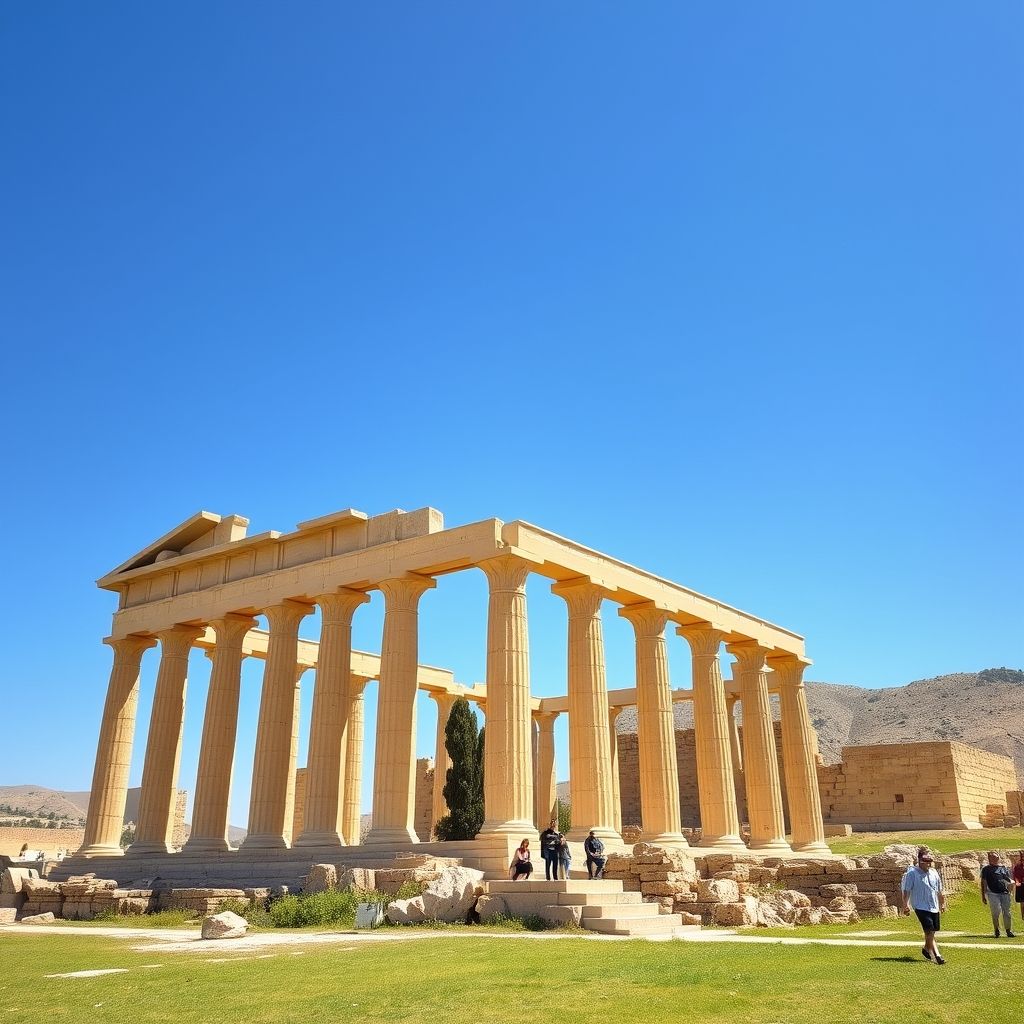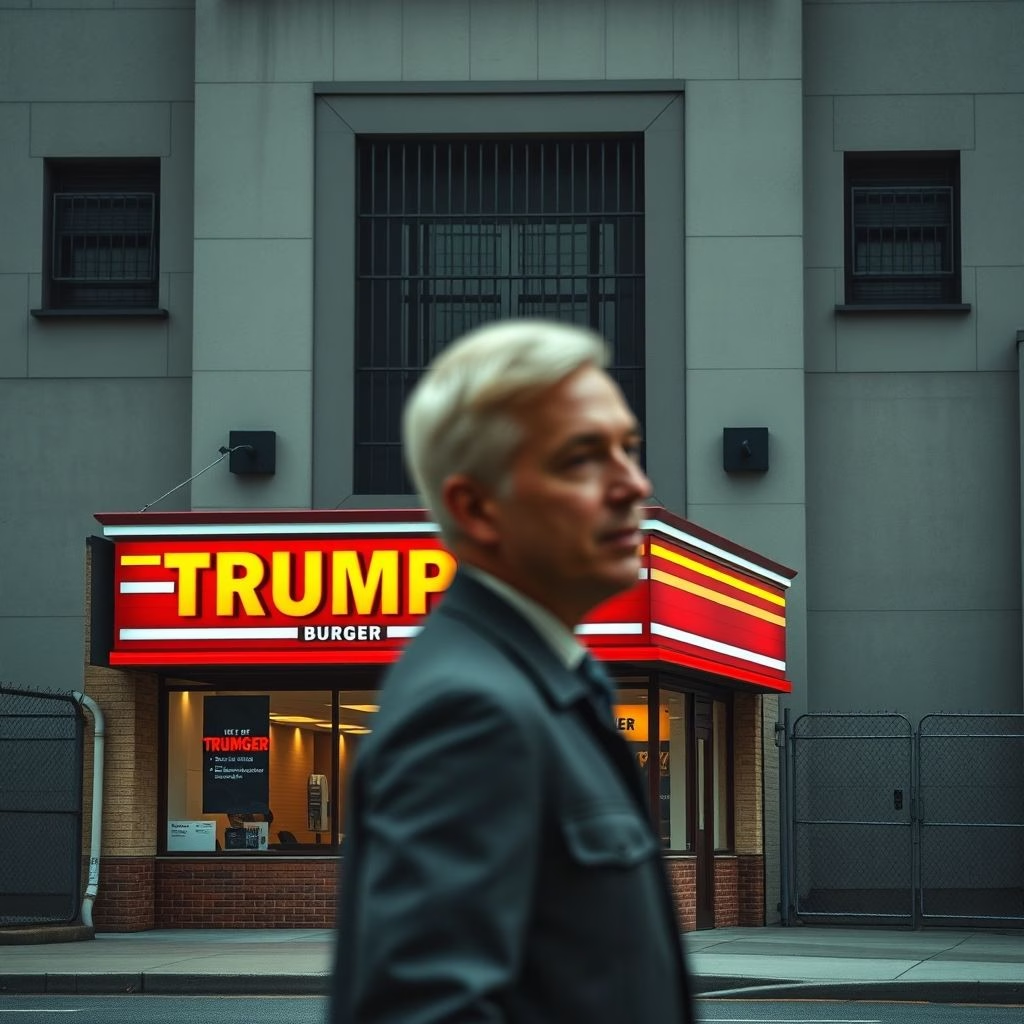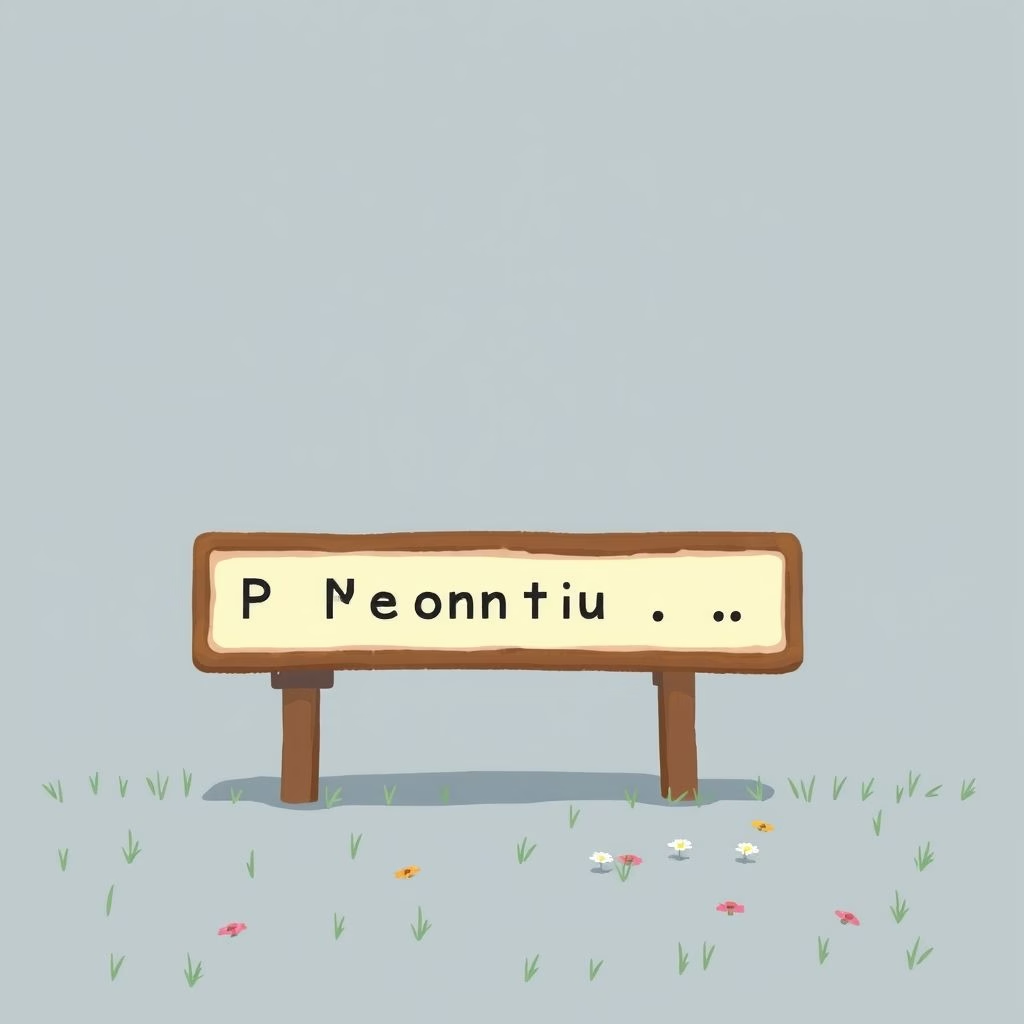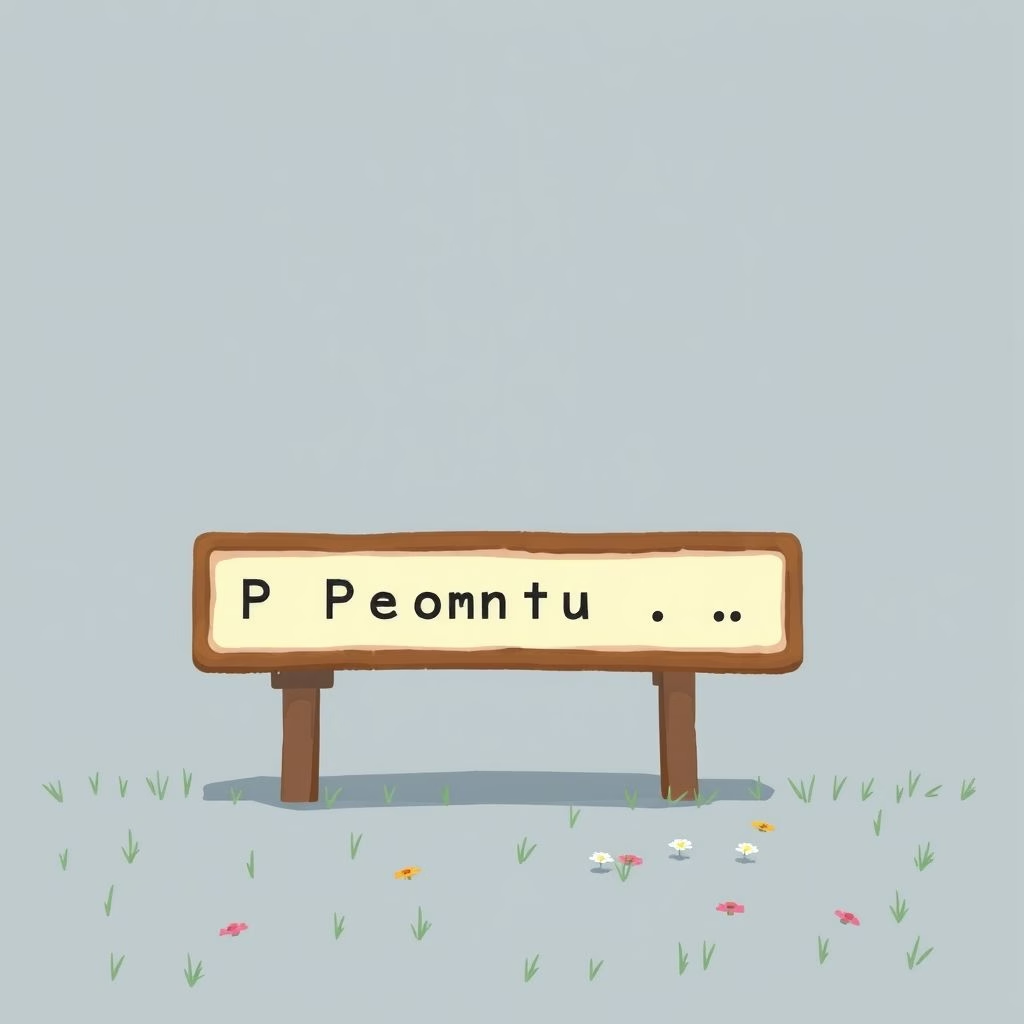Iran: A Nation Forged by History and Defined by Contemporary Challenges

A Journey Through Millennia: Unveiling the Tapestry of Iran
Iran, officially the Islamic Republic of Iran, stands as a testament to the enduring power of civilizations. Nestled in West Asia, its story stretches back to 3200 BCE, a timeline encompassing empires, revolutions, and a complex interplay of global forces. This rich past shapes the present, influencing Iran’s role on the world stage and its interactions with neighboring nations and international organizations.
Echoes of Ancient Empires
The land now known as Iran has been the cradle of numerous empires that have left indelible marks on history. From the Achaemenid Empire, renowned for its vast reach and sophisticated administration, to the Parthian and Sasanian empires, Iran’s rulers have shaped the course of events across Asia and beyond. These ancient dynasties fostered advancements in art, architecture, science, and governance, contributing significantly to the world’s cultural heritage. The ruins of Persepolis, a testament to the Achaemenid dynasty, still stand as a reminder of Iran’s glorious past.
The Islamic Revolution and the Birth of a Republic
A pivotal moment in Iran’s modern history arrived with the Islamic Revolution of 1979. This transformative event overthrew the existing monarchy and established the Islamic Republic of Iran. The revolution brought about significant changes in Iran’s political, social, and economic landscapes, reshaping its relationship with the world. The revolution’s impact continues to reverberate today, influencing Iran’s domestic policies and its stance on international affairs. This shift dramatically altered the relationship with the United States and other Western nations.
Nuclear Ambitions and International Tensions
Iran’s nuclear program has become a focal point of international concern and a significant source of tension. The country’s pursuit of nuclear technology, along with its enrichment activities, has led to disagreements with several world powers, including the United States, and has prompted international sanctions. These sanctions have aimed to curb Iran’s nuclear ambitions and have had a significant impact on its economy. Negotiations and diplomatic efforts have been ongoing, but finding a resolution to the nuclear issue remains a complex and challenging task.
A Regional Powerhouse: Geopolitics and Influence
Iran’s strategic location, coupled with its vast reserves of fossil fuels, positions it as a major regional power. Its influence extends across the Middle East, particularly within Shia Islam, as it supports various groups and movements. This influence, however, has often led to conflicts and disagreements with neighboring countries and other regional actors. Iran’s geopolitical positioning is a key factor in understanding its foreign policy objectives and its interactions with its neighbors. The country is known to have a strong military presence in areas of the Middle East.
Recent Developments: Unverified Claims and the Evolving Landscape
The situation in Iran continues to evolve. Recently, there have been claims of an Iranian operation targeting a U.S. military base in Qatar. However, these claims remain unverified, highlighting the complex and often opaque nature of regional events. The potential for escalation, and the need for careful monitoring of the situation, are vital in this environment of international tension. The evolving political and security landscape demands constant attention and analysis.
Looking Ahead
Iran’s future is inextricably linked to its past, its present challenges, and its evolving relationships with the global community. Navigating the complexities of international relations, addressing domestic concerns, and promoting stability in the region will be critical for Iran’s development. A deeper understanding of Iran’s history, culture, and political dynamics is essential for any analysis of its future trajectory.
The influence of figures like Ayatollah Khamenei, Iran’s supreme leader, and the actions of governmental bodies such as the Islamic Revolutionary Guard Corps (IRGC), play a critical role in shaping Iran’s policies and international relations.
Iran’s economy, impacted by international sanctions and internal policies, faces challenges in various sectors. The country’s relationship with the United States remains tense, marked by ongoing disagreements over nuclear programs and regional policies.
The region continues to be a location where the potential for conflict remains heightened, with ongoing instability in places such as Iraq, Syria, and Yemen. Developments involving Iran, therefore, have the potential to influence the overall regional dynamics.
Further Reading:
For a deeper dive into this topic, consider exploring these resources:
https://en.wikipedia.org/wiki/Iran
https://www.britannica.com/place/Iran
https://www.nbcnews.com/world/middle-east/live-blog/live-updates-iran-top-diplomat-meets-putin-us-braces-retaliation-rcna214428




